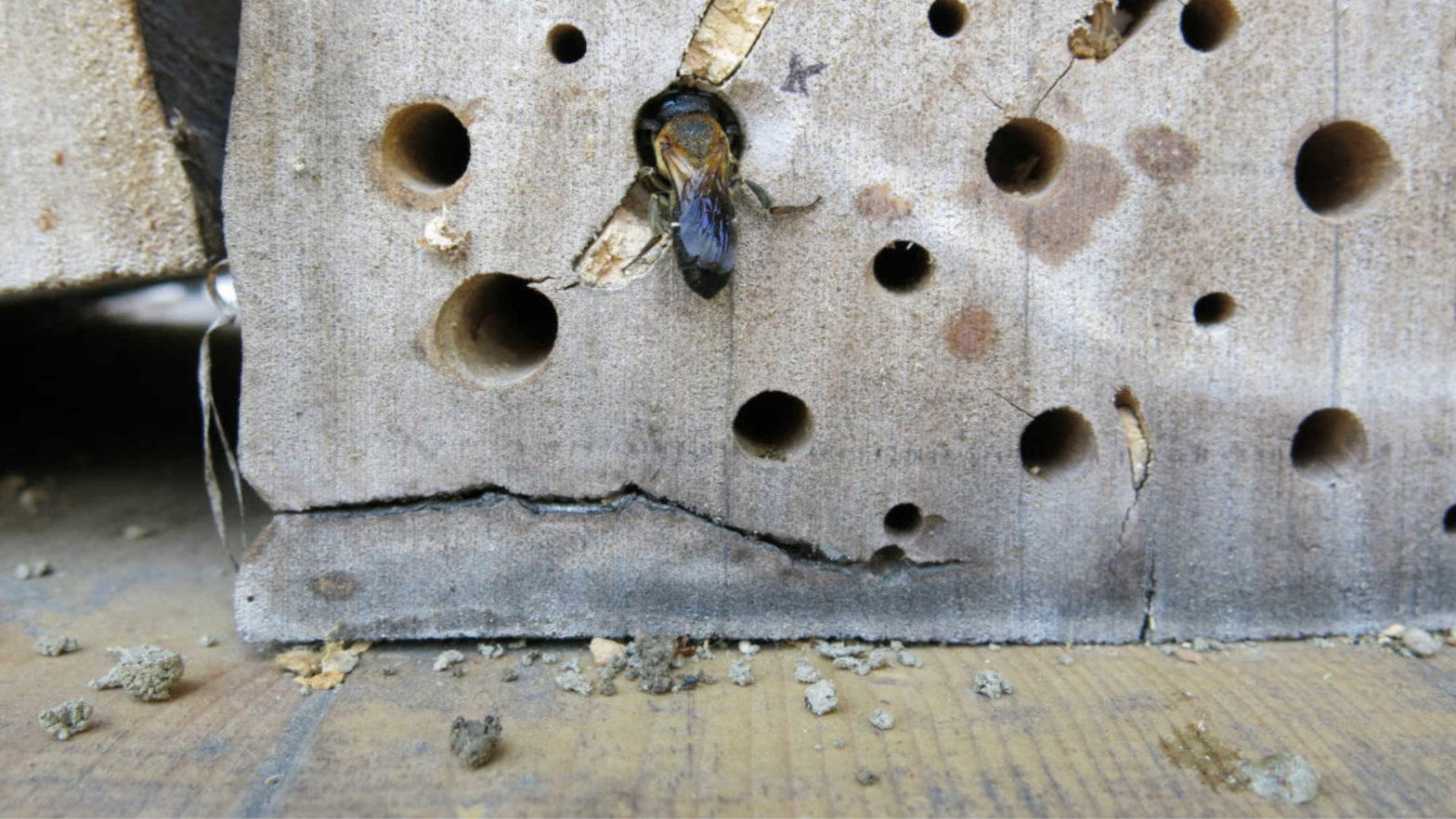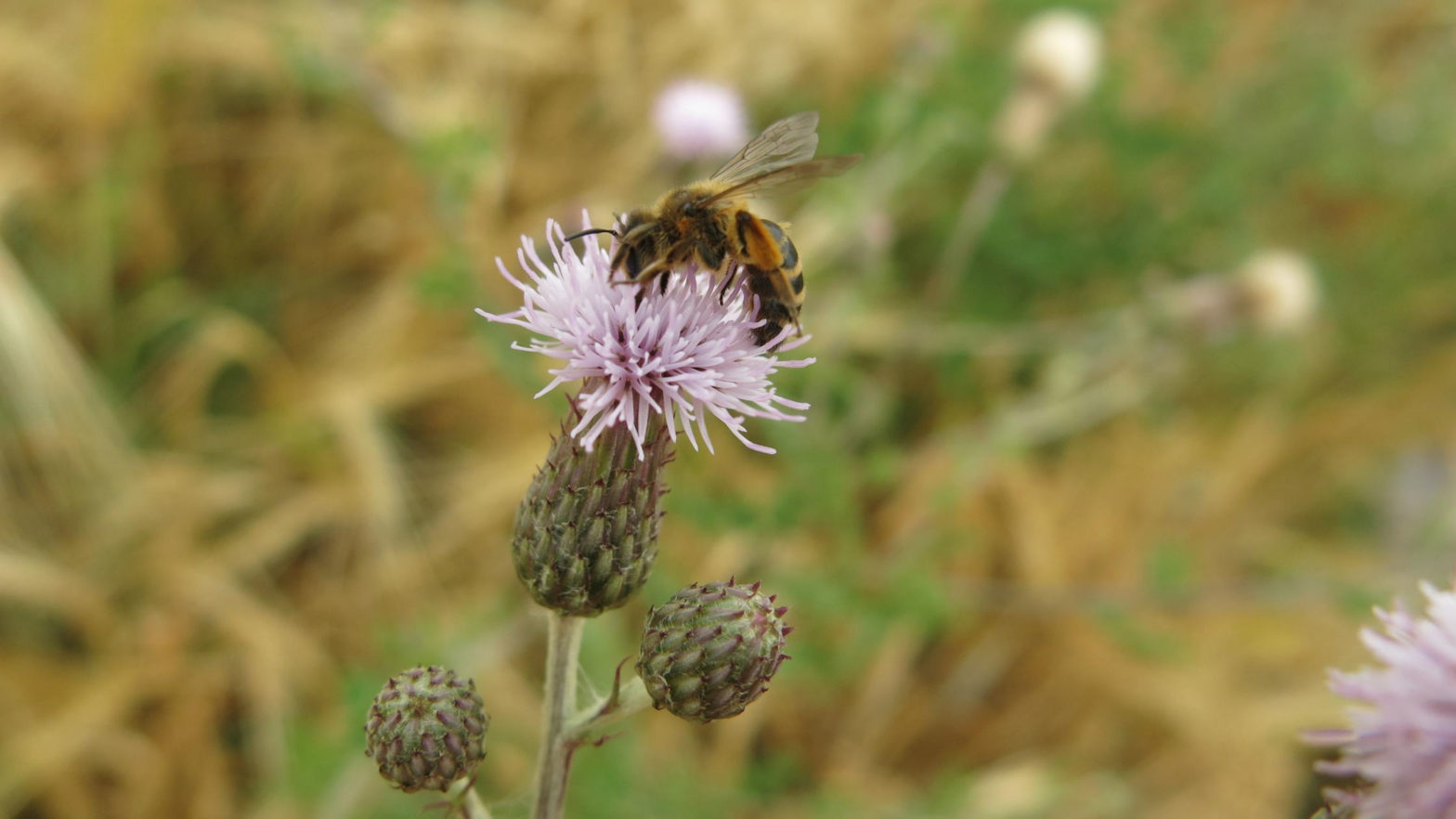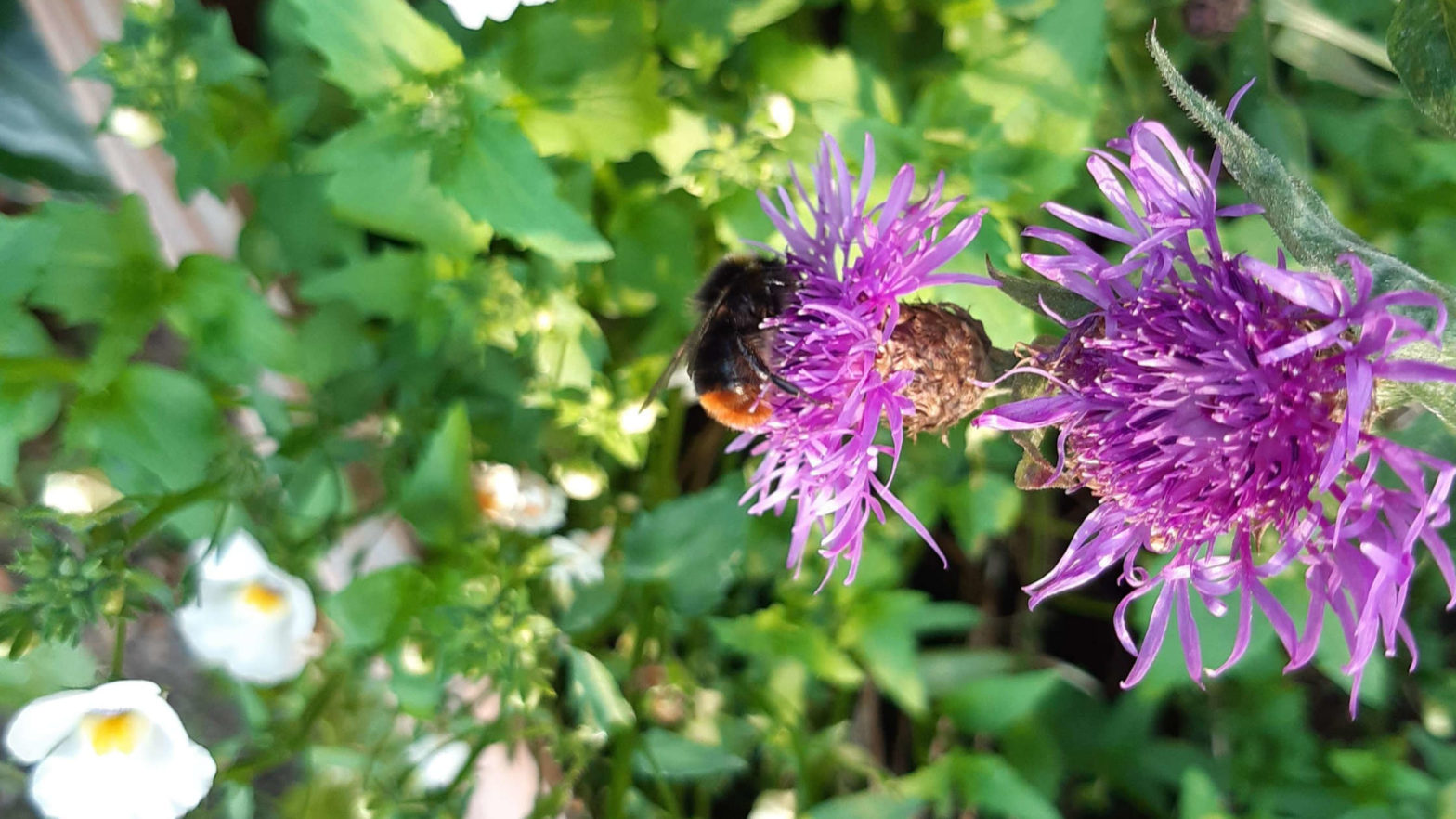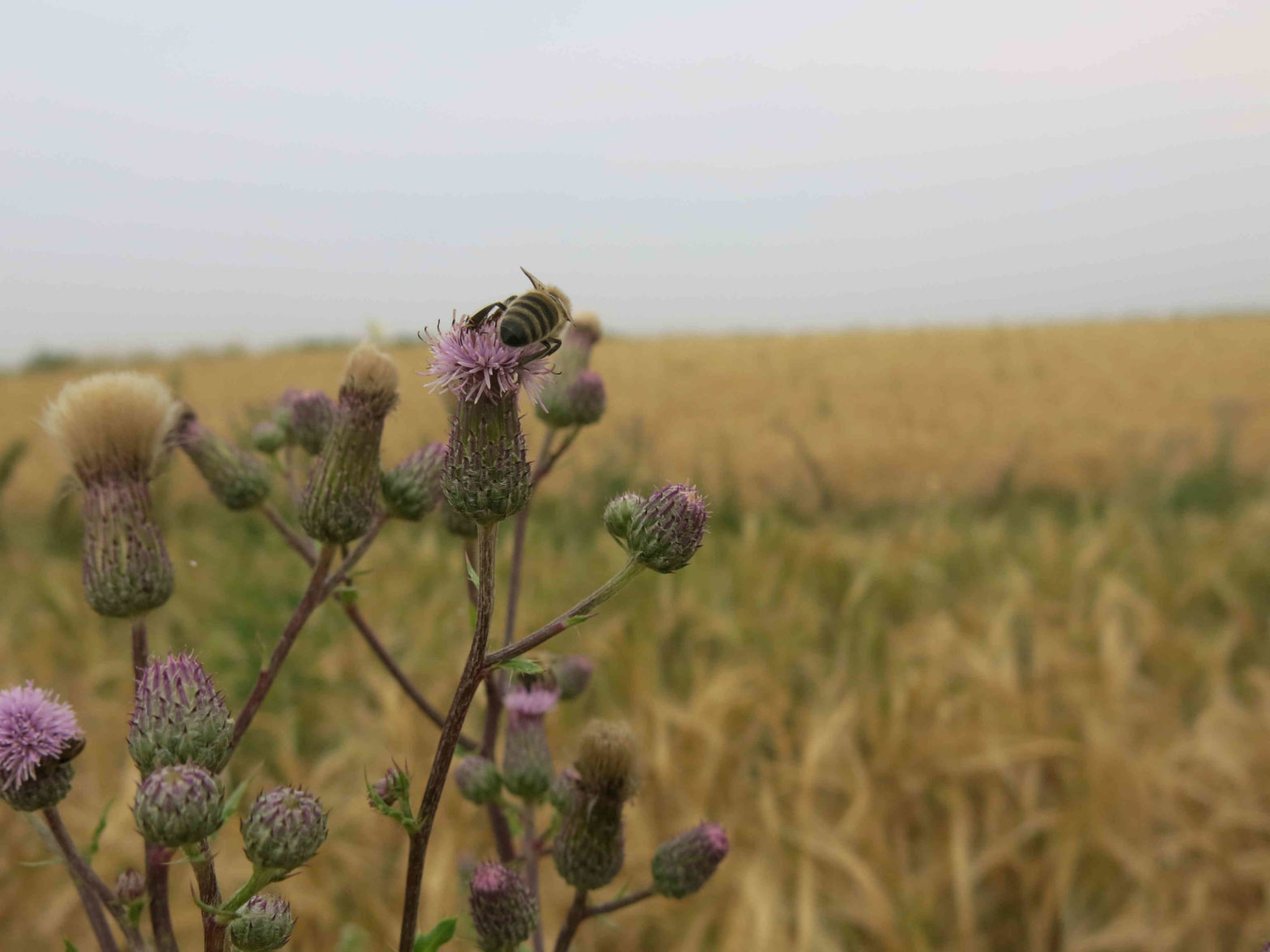Our land use is a reason for concern: with the increasing human population on earth, we’re claiming more and more of it. We use it to build houses, streets – and to produce our food on it. With all those humans needing food, crop production has focussed on maximizing yields. This has caused undeniable problems….

Bee hotels are very popular at the moment. Everybody sells them, often with the popular “save the bees!” attached to it. But are they really worth the hype? I’m not that convinced, as you may already imagine. Let’s start with the positive: insect hotels are a nice way for people, especially children, to learn about…

One could think pollinator conservation is a very important issue and taken seriously all over the world. At the latest since the pollinator assessment from IPBES was published, the discussion about pollinator decline is going beyond science and conservationists. Very often I get asked about bees. Many want to start beekeeping. I then explain why…

“Pollination services”, “without bees our dinner tables will look differently”, “bees are important for a healthy and tasty diet” – phrases like this sooner or later come up in every campaign that wants to “save the bees”. I’ve used them myself. And probably will continue to do so, because it evokes a personal interest. However,…

There are many bee myths out there. I discussed some of them already concerning honey bees last month. But today, it’s all about the myths that maybe aren’t as easy to spot. Nonetheless, they aren’t harmless at all. I’m not talking about “honey bees get all the attention and other bee species do at least…

Road verges cover quite a bit of area. In Germany, where I live, it’s about 30,000 km². I’m not that sure how reliable the data are, but considering that this country seems to be covered in streets, it’s a good approximation, I guess. If you wonder how this relates to bees: well, road verges are…


2